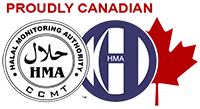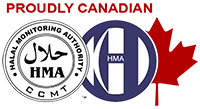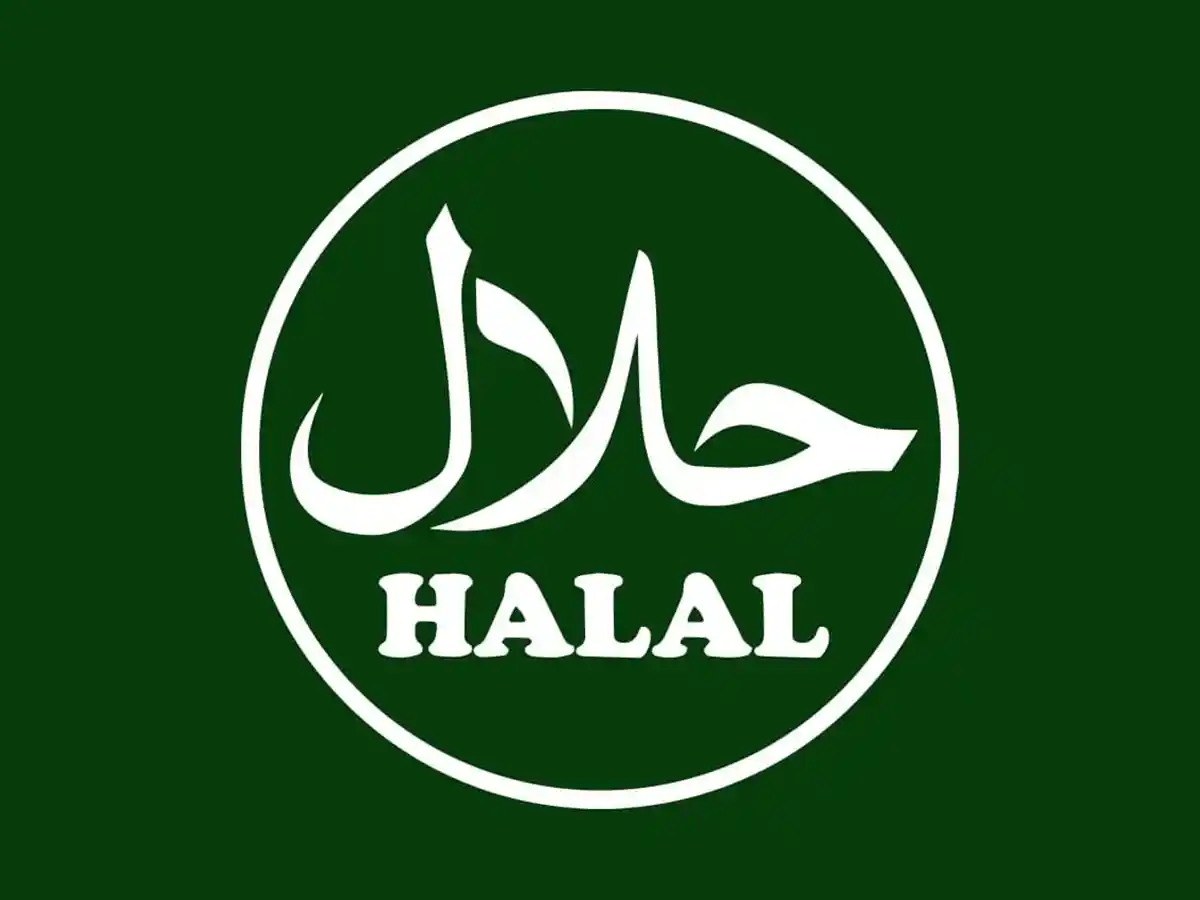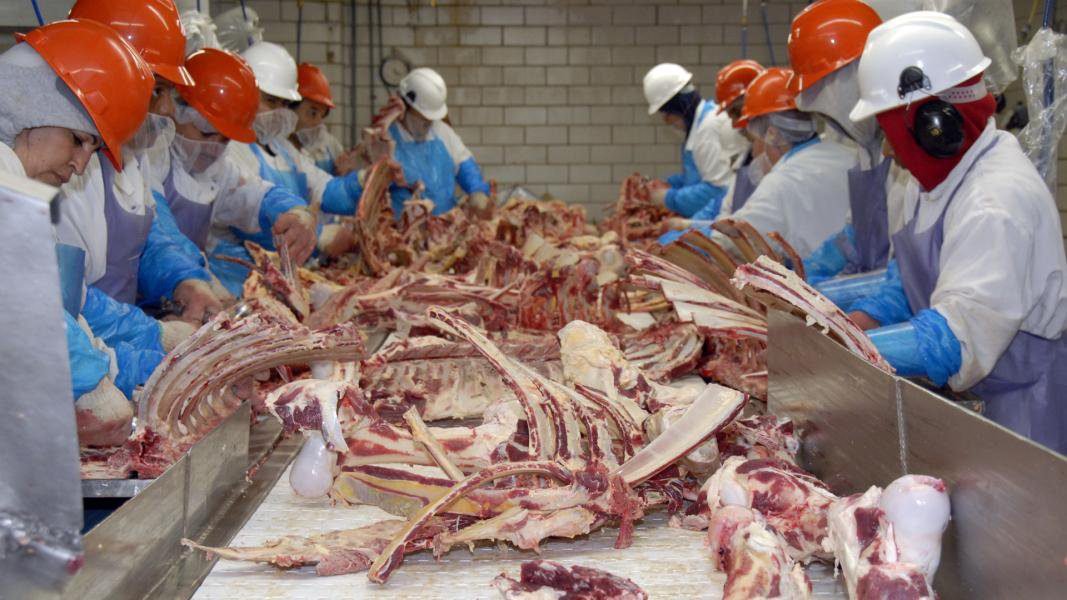The Halal Monitoring Authority Canada (HMA) is an organization that certifies food products and services as halal, which means that they are permissible according to Islamic law. Halal certification is an important consideration for Muslims who want to ensure that the products and services they consume are in line with their religious beliefs. The Halal Monitoring Authority was established in 2006 with the goal of promoting and maintaining the integrity of the Toronto Halal food industry. The organization’s certification process involves a comprehensive evaluation of the production and processing of food products to ensure that they meet the strict requirements of Halal. This includes a review of the ingredients, manufacturing processes, and storage and transportation methods.
One of the key responsibilities of the Halal Monitoring Authority is to provide consumer education and awareness about the importance of Halal certification. The organization works to educate consumers about the benefits of Halal-certified products, including their nutritional and health benefits, as well as their religious and ethical importance. The Halal Monitoring Authority also works to dispel common myths and misconceptions about Halal products and the Halal certification process. The Halal Monitoring Authority is committed to ensuring the highest standards of quality and safety in the production and processing of Halal meat in Toronto. The organization’s certification process includes regular inspections, audits, and monitoring to ensure that certified products continue to meet the strict requirements of Halal. In addition, the Halal Monitoring Authority provides a comprehensive complaint resolution process to address any issues or concerns that consumers may have about certified products.
In this blog post, we will take a closer look at the process of obtaining halal certification from the Halal Monitoring Authority Canada.
Step 1: Understanding the Requirements
Before applying for halal certification, it is important to understand the requirements that the HMA has set for halal certification. This includes the ingredients used in the product, the manufacturing process, and any other factors that may impact the product’s halal status. The HMA provides detailed information on their website about the requirements for halal certification, which includes a list of prohibited ingredients and a detailed explanation of the manufacturing process.
Step 2: Application.
Once you have a clear understanding of the requirements, you can submit an application to the HMA. The application process is straightforward, and the HMA provides an online application form on their website. The application will require you to provide detailed information about the product or service that you are seeking certification for, including the ingredients used, the manufacturing process, and any other relevant information.
Step 3: Review of Application.
Once the application is received, the HMA will review the information provided to ensure that the product or service is eligible for halal certification. If the application is accepted, the next step is an on-site inspection
Step 4: On-Site Inspection.
After the application has been reviewed, the HMA will conduct an on-site inspection of the facility where the product or service is manufactured or produced. During the inspection, the HMA will examine the facilities, equipment, and processes to ensure that they meet the requirements for halal certification. The inspection will also include a review of the product or service to verify its halal status.
Step 5: Evaluation and Assessment.
After the on-site inspection, the HMA will evaluate the information gathered and make an assessment as to whether the product or service is eligible for halal certification. This assessment will consider factors such as the ingredients used, the production process, and the overall compliance with Islamic law.
Step 6: Certification.
If the product or service passes the on-site inspection, the HMA will issue a halal certificate. The certificate will include the name of the product or service, the date of certification, and a description of the product or service that has been certified. The certificate will also include the HMA’s logo, which is recognized by Muslims around the world as a symbol of halal certification.
Step 7: Monitoring and Compliance.
Once a product or service has received halal certification, the HMA will monitor it regularly to ensure that it continues to meet the standards required for halal certification. This monitoring will include regular on-site inspections, ingredient checks, and other measures to ensure that the product or service remains in compliance with Islamic law.
It is important to note that HMA’s certification process is rigorous and comprehensive, ensuring that the products and services certified by the organization are truly halal. By obtaining halal certification from HMA, companies can demonstrate their commitment to providing high-quality, halal-compliant products and services to their customers.
In conclusion, obtaining halal certification from the Halal Monitoring Authority Canada is a straightforward process that requires an understanding of the requirements, a completed application, and an on-site inspection. The HMA’s rigorous process ensures that products and services certified as halal are truly in line with Islamic law, and provides peace of mind for Muslims who want to ensure that the products and services they consume are halal.




